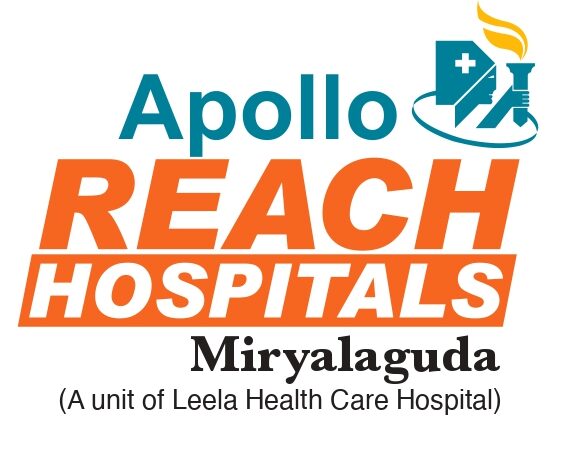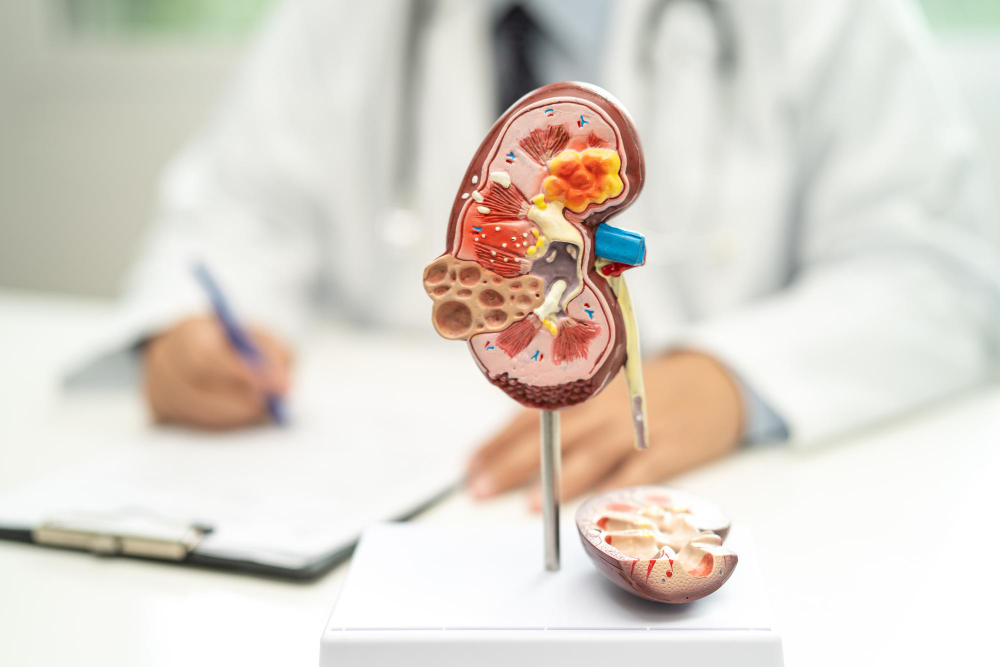Introduction
Chronic kidney disease management is important for keeping your kidneys healthy. This condition, also called CKD, means your kidneys do not work as well as they should. Because kidneys help remove waste and extra fluid, their health affects your whole body. Early and proper management can slow down the disease and improve your quality of life. In this blog, you will learn about CKD symptoms, causes, diagnosis, treatment options, and kidney health tips. Understanding how to manage chronic kidney disease can help you live a healthier life.
Symptoms of Chronic Kidney Disease
Often, CKD does not cause symptoms in the early stages. However, as the disease gets worse, you may notice changes. For example, you might feel more tired than usual. Sometimes, you may have swelling in your legs or ankles. Other common symptoms include:
If you notice these signs, it is important to talk to your doctor. Early detection can make a big difference in CKD treatment options.
Causes and Risk Factors
Many things can cause chronic kidney disease. Diabetes and high blood pressure are the most common causes. In addition, some people have a family history of kidney disease. Other risk factors include:
Because these factors increase your risk, it is wise to manage them early. Making healthy choices can help protect your kidneys.
Diagnosis Methods
Doctors use several tests to check for CKD. First, they may order blood tests to measure how well your kidneys filter waste. Next, a urine test can show if there is protein or blood in your urine. Sometimes, doctors use imaging tests like ultrasound to look at your kidneys. In some cases, a kidney biopsy may be needed. Early diagnosis helps start chronic kidney disease management sooner, which can slow the disease.
Evidence-Based Management and Treatment Options
Managing CKD involves several steps. Doctors often suggest:
According to the CDC, following your treatment plan can help you avoid further kidney damage. In advanced cases, dialysis or a kidney transplant may be needed. However, many people can manage CKD with early care and healthy habits.
Lifestyle Modifications
Healthy habits play a big role in chronic kidney disease management. For example, eating the right foods can protect your kidneys. Try to:
Exercise is also important. Even light activity, like walking, can help. In addition, managing your fluid intake is key. Your doctor may tell you how much water to drink each day. Because every person is different, always follow your care team’s advice.
Prevention Tips
Although not all cases can be prevented, you can lower your risk with these kidney health tips:
Because prevention is easier than treatment, start these habits early. Regular check-ups can also catch problems before they get worse.
When to Consult a Nephrologist
If you have symptoms of CKD or risk factors, it is wise to see a kidney specialist, called a nephrologist. You should also consult a nephrologist if:
Early care from a specialist can help you get the best CKD treatment options.
Managing chronic kidney disease is essential for a healthier life. At Apollo Reach Hospitals, we help you understand symptoms, causes, and treatment options while guiding lifestyle changes for optimal kidney health.

